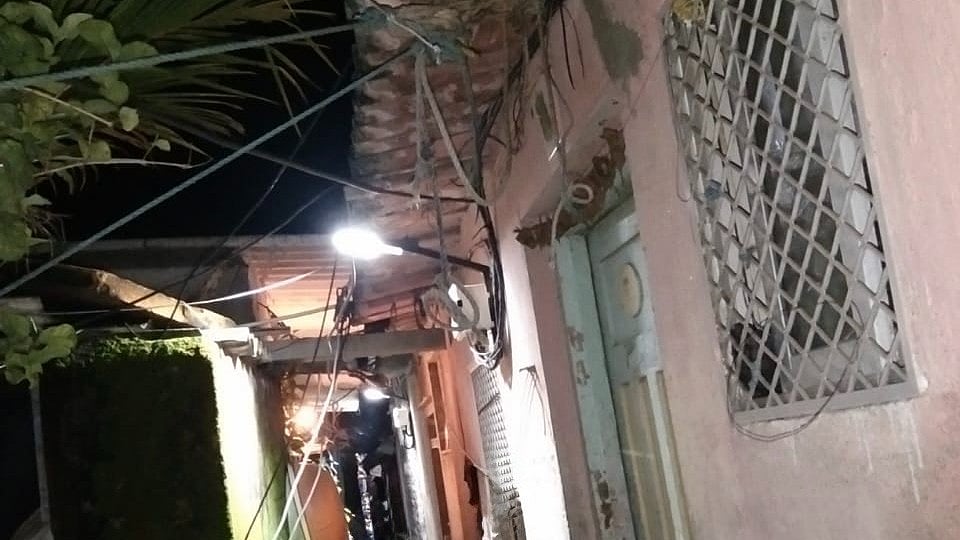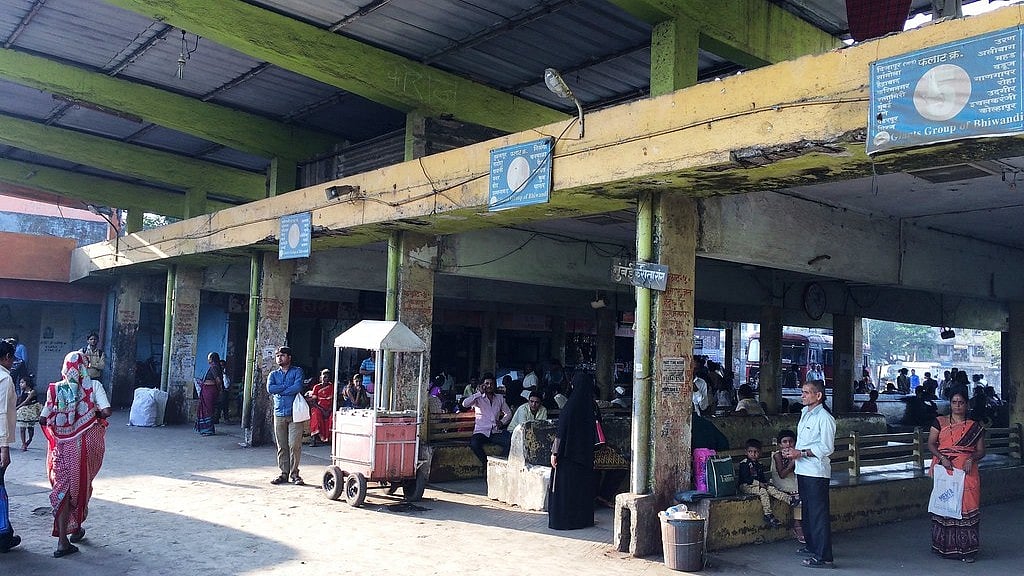Mumbai: Baffled by the sessions court’s “unusual” bail condition asking an accused to deposit his passport despite him not having one, the Bombay High Court observed that the lower court has adopted a “strange course”.
The Goa bench of the high court was hearing a plea filed by an 18-year-old man accused in an attempt to murder case seeking modification of his bail condition. While granting him bail, the sessions court has directed him to deposit his passport within four months.
The high court noted that by such an order, the sessions court was clearly mandating the accused to apply for a passport and then deposit the same. The court questioned if the court was expecting the accused to first apply for a passport, procure it and then deposit the same to the police before he is allowed to be released from jail.
“While imposing the condition (to deposit passport) for grant of bail, the sessions court does not have such power to direct any person to apply for a passport, obtain it and then surrender it,” Justice Bharat Deshpande observed. “The unusual condition which has been imposed in the first place and thereafter, failed to modify it, clearly shows that the additional sessions judge has travelled beyond its powers,” it added while quashing the bail condition requiring the accused to deposit his passport.
The man was arrested in April this year in an attempt to murder case by the Agassaim police in Goa. He was granted bail by the session court in April on a bond of Rs 50,000 along with certain other conditions like marking his attendance before the police and to deposit his passport before the court.
He contended that he informed the sessions judge that he did not possess a passport, however, the same was not considered. On his application for modification of the condition, the sessions court suspended the condition for four months and directed him to deposit the passport by then.
“The sessions court ought to have considered the application for relaxation of the condition and at the most could have directed the petitioner to deposit the passport, if any,” the HC noted. “A strange course was adopted instead where the sessions court suspended the condition for a period of four months and directed the petitioner to deposit his passport within that period,” it added.









